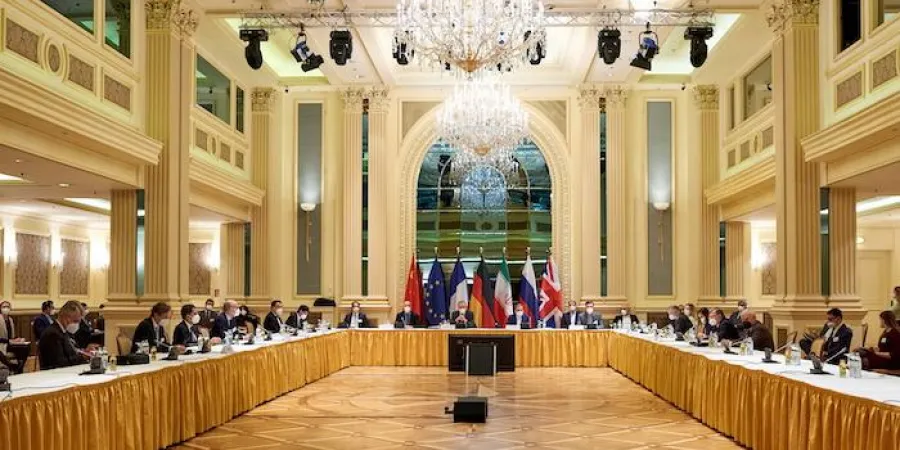As expected, Iran blames Israel for recent sabotage of nuclear facilities
A government spokesman claimed that Israel carried out the operation to thwart the nuclear talks, but emphasized that "whenever sabotage has happened, our strength has increased"
IsraelDefense
| 06/07/2021
The spokesman for the Iranian government, Ali Rabiei, accused Israel this morning (Tuesday) of carrying out an attack on what he claimed to be a civilian nuclear facility near Tehran last month in an attempt to thwart the talks on reviving the nuclear agreement between Iran and the powers. "The Zionist regime carried out these actions to signal it can stop Iran and to say that there is no need to talk with Iran. But whenever sabotage has happened, our strength has increased," said Rabiei.
On June 23, an attack was carried out against the nuclear facility in Karaj, located about 40km northwest of Tehran. There are few details known about the attack or its results. AP quoted state-run Persian-language broadcasts as saying that the facility belongs to Iran's atomic energy agency and that there was no damage. Rabiei himself admitted that damage was caused to the ceiling but claimed there was little damage to equipment. Israel's Channel 13 News reported that damage was caused to a factory that manufactures aluminum blades for centrifuges that enrich uranium.
As for other news on the Iranian nuclear program, the spokesman for Iran's Foreign Ministry, Saeed Khatibzadeh, said this morning in a discussion with journalists that there was no change in the Iranian positions as far as returning to the agreement and the lifting of the American sanctions. If any agreement is made, the next Iranian government will abide by it, as compliance with commitments has always been considered as a principle for Iran, he said. His comments were reported in English by the state-run IRNA news agency.
Despite the fact that some topics still need decisions, progress in the Vienna talks is a reality accepted by all parties, and in fact, the finalization of the agreement to revive the JCPOA depends on other parties' political will, Khatibzadeh said, adding that no deadline will be set and negotiations will be held until an agreement that meets Iranians' interests is reached.
A government spokesman claimed that Israel carried out the operation to thwart the nuclear talks, but emphasized that "whenever sabotage has happened, our strength has increased"
The spokesman for the Iranian government, Ali Rabiei, accused Israel this morning (Tuesday) of carrying out an attack on what he claimed to be a civilian nuclear facility near Tehran last month in an attempt to thwart the talks on reviving the nuclear agreement between Iran and the powers. "The Zionist regime carried out these actions to signal it can stop Iran and to say that there is no need to talk with Iran. But whenever sabotage has happened, our strength has increased," said Rabiei.
On June 23, an attack was carried out against the nuclear facility in Karaj, located about 40km northwest of Tehran. There are few details known about the attack or its results. AP quoted state-run Persian-language broadcasts as saying that the facility belongs to Iran's atomic energy agency and that there was no damage. Rabiei himself admitted that damage was caused to the ceiling but claimed there was little damage to equipment. Israel's Channel 13 News reported that damage was caused to a factory that manufactures aluminum blades for centrifuges that enrich uranium.
As for other news on the Iranian nuclear program, the spokesman for Iran's Foreign Ministry, Saeed Khatibzadeh, said this morning in a discussion with journalists that there was no change in the Iranian positions as far as returning to the agreement and the lifting of the American sanctions. If any agreement is made, the next Iranian government will abide by it, as compliance with commitments has always been considered as a principle for Iran, he said. His comments were reported in English by the state-run IRNA news agency.
Despite the fact that some topics still need decisions, progress in the Vienna talks is a reality accepted by all parties, and in fact, the finalization of the agreement to revive the JCPOA depends on other parties' political will, Khatibzadeh said, adding that no deadline will be set and negotiations will be held until an agreement that meets Iranians' interests is reached.



